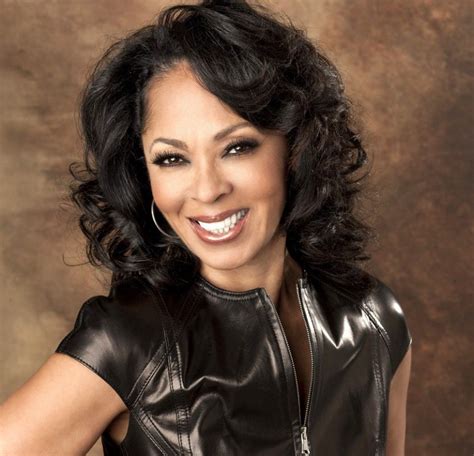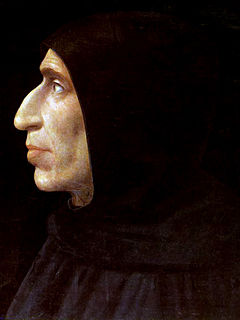A Quote by Charles Spurgeon
Visit many good books, but live in the Bible.
Related Quotes
The trouble today is that many Christians live in a kind of bubble of assumptions about what their Christianity means, especially if it places them comfortably among "the good guys," - assumptions that are likely to be drawn as much from folk-Christianity, surrounding political culture, popular pulp-books about the "End Times," or their favourite guru writer or therapist, than from sober and comprehensive reading of the Bible as a whole. Prophets and preachers have the unwelcome task of pricking that bubble with the sharpness of actual texts and teachings of the Bible itself.
Most of my library consists of books on the Catholic faith: conversion stories, books on saints and Early Church Fathers, Apparitions of Mary, prayer books, Scriptural resource books on Apologetics, Typology, concordances, bible dictionaries, bible encyclopedias and at least 40 bibles - both Catholic and Protestant editions in several different translations.
As people who are women, who are Indigenous and live on Indigenous lands, we know, and this is something I understand the older I get, that they don't visit the same way the postman may visit but they do visit. They visit in ways that our modern society often disregards and considers immaterial or unreal.
The angels of the Bible terrify the humans to whom they visit; they startle and scare and even stun the humans. Why? Because in the Bible angels are colossal figures, fiery in light and, more often than not, overwhelming in their power. Angels, then, in the Bible are supernatural beings that humble us in their presence.
You have to understand that the Bible is really a library of books and it has different categories of material. There are certain parts which you have to say no to. The Bible accepted slavery. St Paul said women should not speak in church at all and there are people who have used that to say women should not be ordained. There are many things that you shouldn't accept.
The Christians and the Jews do not believe that the Bible is the verbatim words of God. In fact it is clear that the books of the Bible are written by men - allegedly inspired men - but humans nonetheless. God in the Bible is spoken of in third person. This gives the believer a degree of caution. If the writers of the Bible were humans and humans are fallible, the Bible should not be taken literally. It is possible to interpret it, use one's logic to understand it in the light of science and adapt its teachings to meet the needs of the time.




































